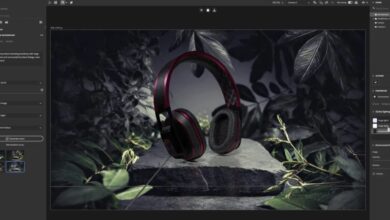Autodesk Unveils Project Bernini, A New Generative AI Tool That Creates 3D Shapes

Autodesk unveiled a new research project today called Project Bernini, with the mission of developing generative AI models that can quickly generate functional 3d shapes, which can then be further refined by modelers.
Here is the accompanying video introduction:
How does Bernini work? Bernini can generate multiple functional variations of a 3d shape from a variety of inputs including a single 2d image, multiple images showing different views of an object, point clouds, voxels, and text. More details can be found in this blog post on the Autodesk website.
Who created the model? Bernini was an in-house project developed by scientists and specialists at Autodesk AI Lab, which is a division within Autodesk Research. A research paper that contributed toward this work was published earlier this year by the AI Lab in collaboration with the Chinese University of Hong Kong.
How was the model trained? Autodesk trained the model on ten million 3d shapes—a composite dataset made up of publicly available data, a mixture of CAD objects and organic shapes.
Who is this designed for? Autodesk envisions different use cases for this model, and sees it being used by designers in architecture, product design, and entertainment production. The key goal for Bernini is to create ‘functional 3d structures’ that can be built or manufactured in the real world. Autodesk further explained what that means, and how Bernini differs from other generative AI models:
A simple example of this would be a water pitcher. Many other 3d generative models might produce shapes that look like a pitcher with textures that improve their superficial appearance in a very specific lighting environment. But the Bernini model generates shape and texture separately and does not confuse or meld those variables. So, water pitchers generated by our model are hollow in the middle and could actually hold water, as any real-world pitcher would need to do.
How can I try it? You can’t. Project Bernini is strictly experimental at this stage and not available to the public. The company is looking for potential partners to collaborate on the model and improve the performance of its generative models.



